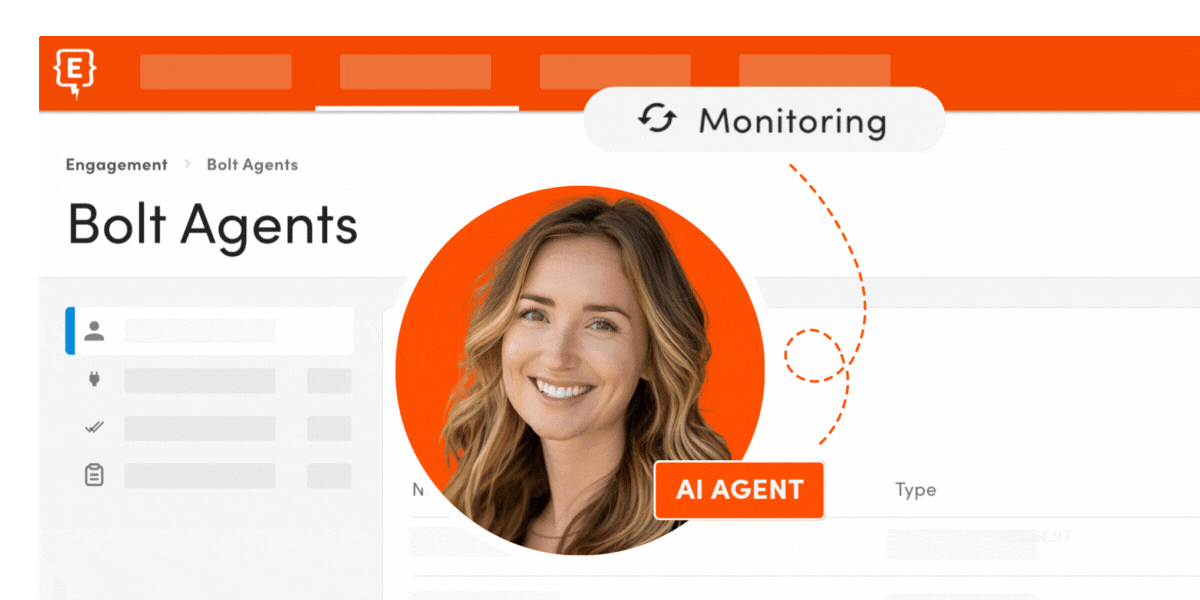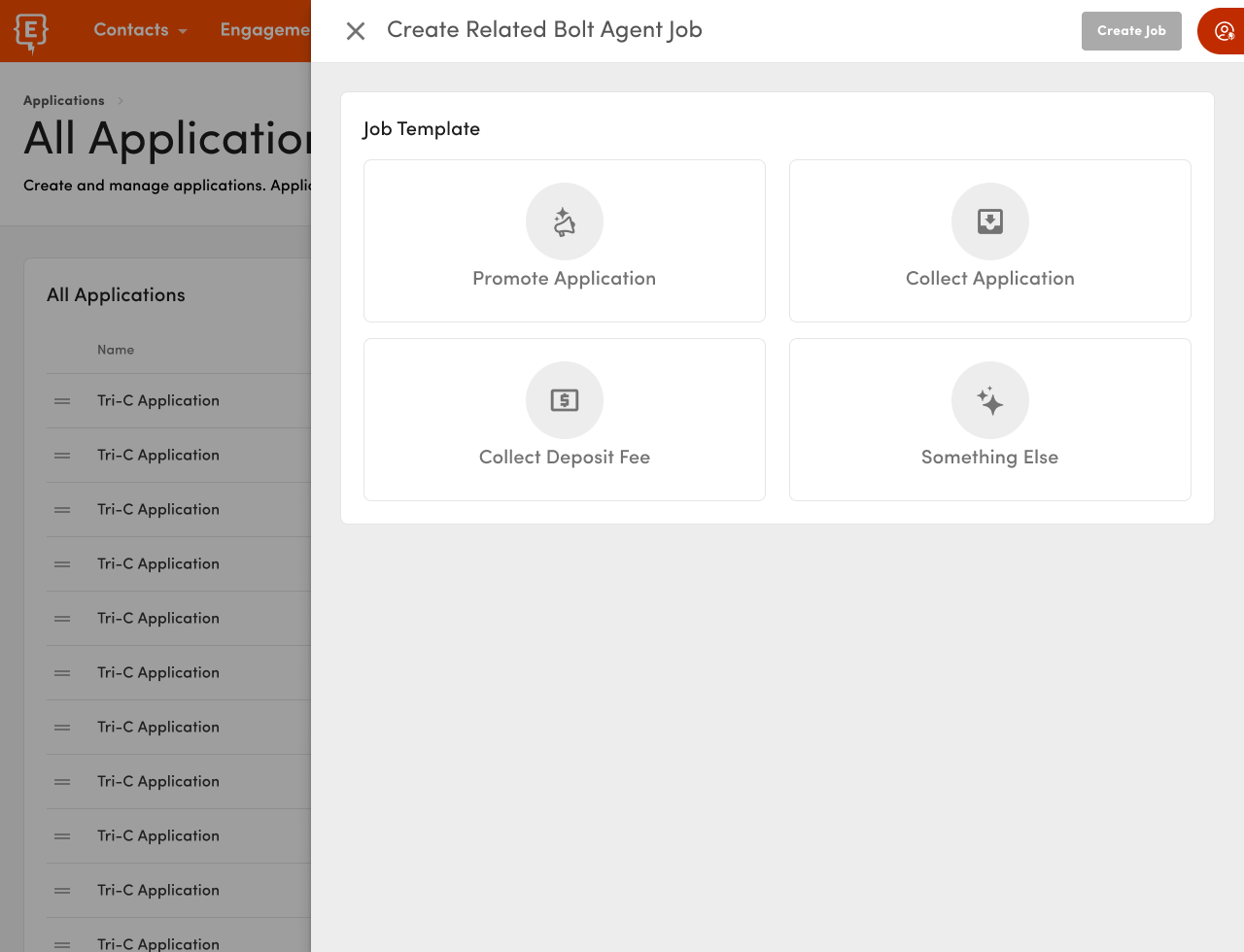Keep Cool: 3 Ways to Freeze Summer Melt
by Sirley Carballo · Updated May 25, 2022
Melt has to be one of the most frustrating parts of the admission process. You work hard, put out great material, make things personal, and get the job done. You get a commitment. You think to yourself, our engagement is great.

But then comes summer, and those commitments start getting softer. As a result, students end up not attending for reasons ranging from a lack of resources and support to a general sense of being overwhelmed by the enormity of the situation.
This is especially true for first-generation students who don't have a family member who's been through the process and can provide guidance and experience.
Issue: Summer Melt
One of the main reasons accepted students don't show up for classes at the start of a semester is that they're too often overwhelmed by everything. Too many unfamiliar steps to navigate, a stack of documents and records to submit, endless financial info to track down, and deadlines to keep track of.
Remedies
- Understand the ultra-competitive landscape.
Melt has become more of an issue and has increased significantly over the past several years, impacted by changes in NACAC guidelines and increased competition that now goes beyond the traditional deposit deadline of May 1.
Focus your recruiting efforts on increasing communications (more frequency, more information, more personalization), additional scholarships, and workshops to help finalize outstanding items. - Better prepare for first-generation students.
Even before the pandemic, institutions needed to be mindful of the additional support required to aid first-generation students. Preparing for and entering college is hard, especially when your family members haven't gone through the process.
Additional guidance for first-generation students should include; application fee waivers, personalized tours (for students and families), assistance completing the FAFSA, financial aid workshops, cohort community building, additional scholarships, housing assistance, and ongoing check-ins throughout their first year on campus. - Dedicated multi-channel communications.
A robust multi-channel communication process is a must to stay top-of-mind, keep students feeling comfortable, and decrease melt. Delivering the right message (to students and parents/guardians) at the right time, and in some cases, the preferred language, is how we make sure our messages are hitting home.
In addition, we need regular, targeted messages and the ability to track messaging history and switch between methods of communication as required.

Overcoming Barriers Created by the Pandemic
Learn why students are delaying their education and how you can better position yourself to engage and enroll students.
Download the White Paper
Keeping Students Engaged
It too often feels like we talk about melt in a binary fashion. It's all or nothing when it comes to students attending our institution.
But attacking the melt problem strategically, recognizing that it will always exist, and concentrating on making concrete improvements to get more students in the door is a better plan of attack.
Focus on the students, whom we're losing out on due to lack of information and guidance is an excellent first step.
If you have any questions about engagement or want to talk about making admissions easier, let’s connect with a quick demo.

About Element451
Boost enrollment, improve engagement, and support students with an AI-driven CRM and agent platform built for higher ed. Element451 makes personalization scalable and success repeatable.
Categories
New Blog Posts

The Definitive Guide
AI in Higher Education
Bridge the gap between the latest tech advancements and your institution's success.
Useful Links
Related Articles

Talk With Us
Element451 is an AI-driven CRM and AI agent platform for higher education. Our friendly experts are here to help you explore how Element451 can improve outcomes for your school and students.
Get a Demo








